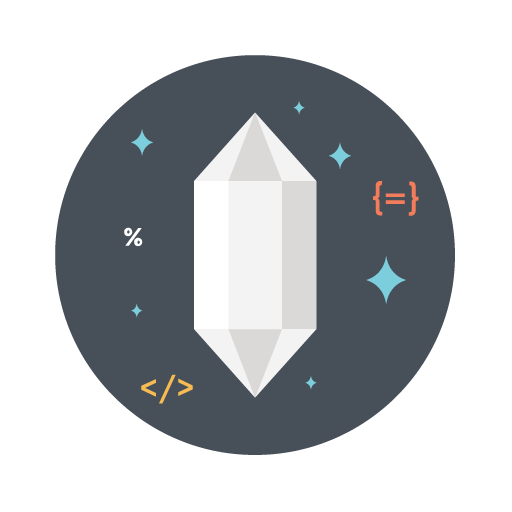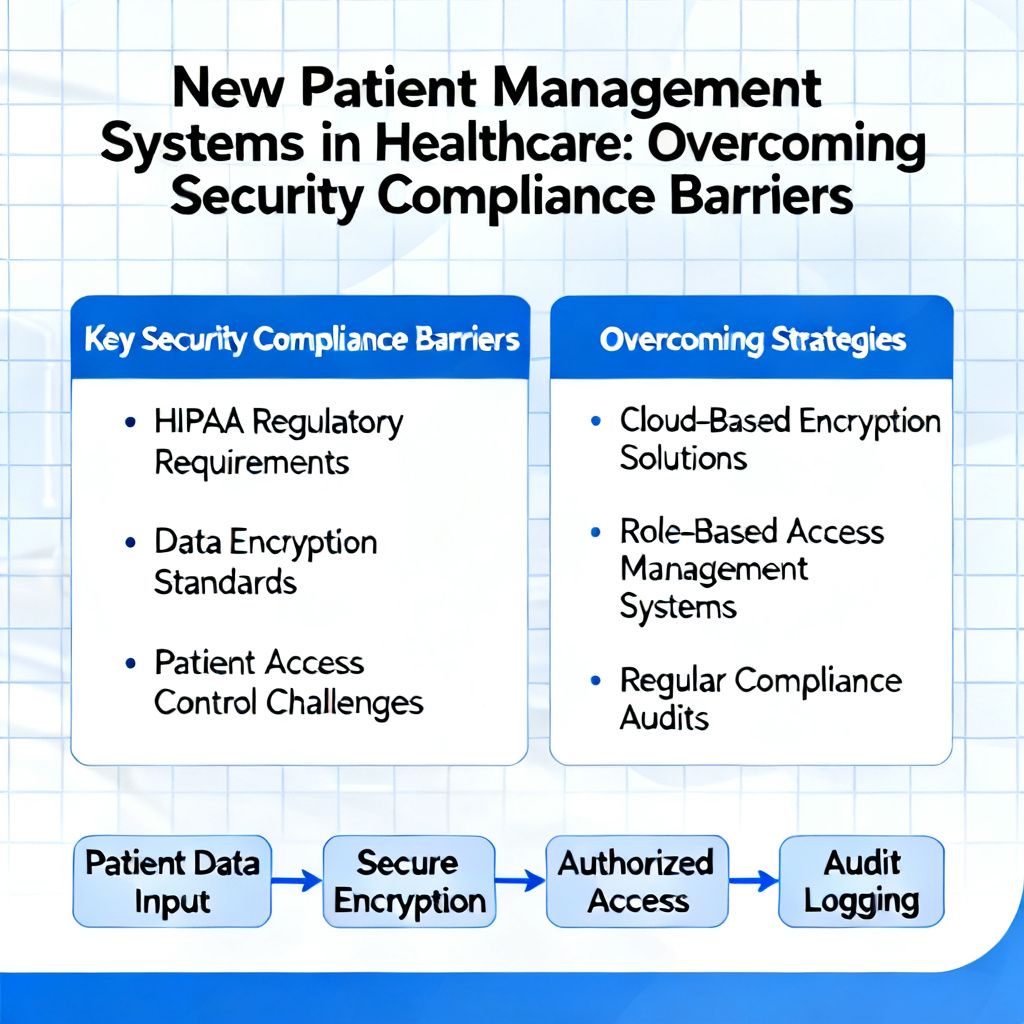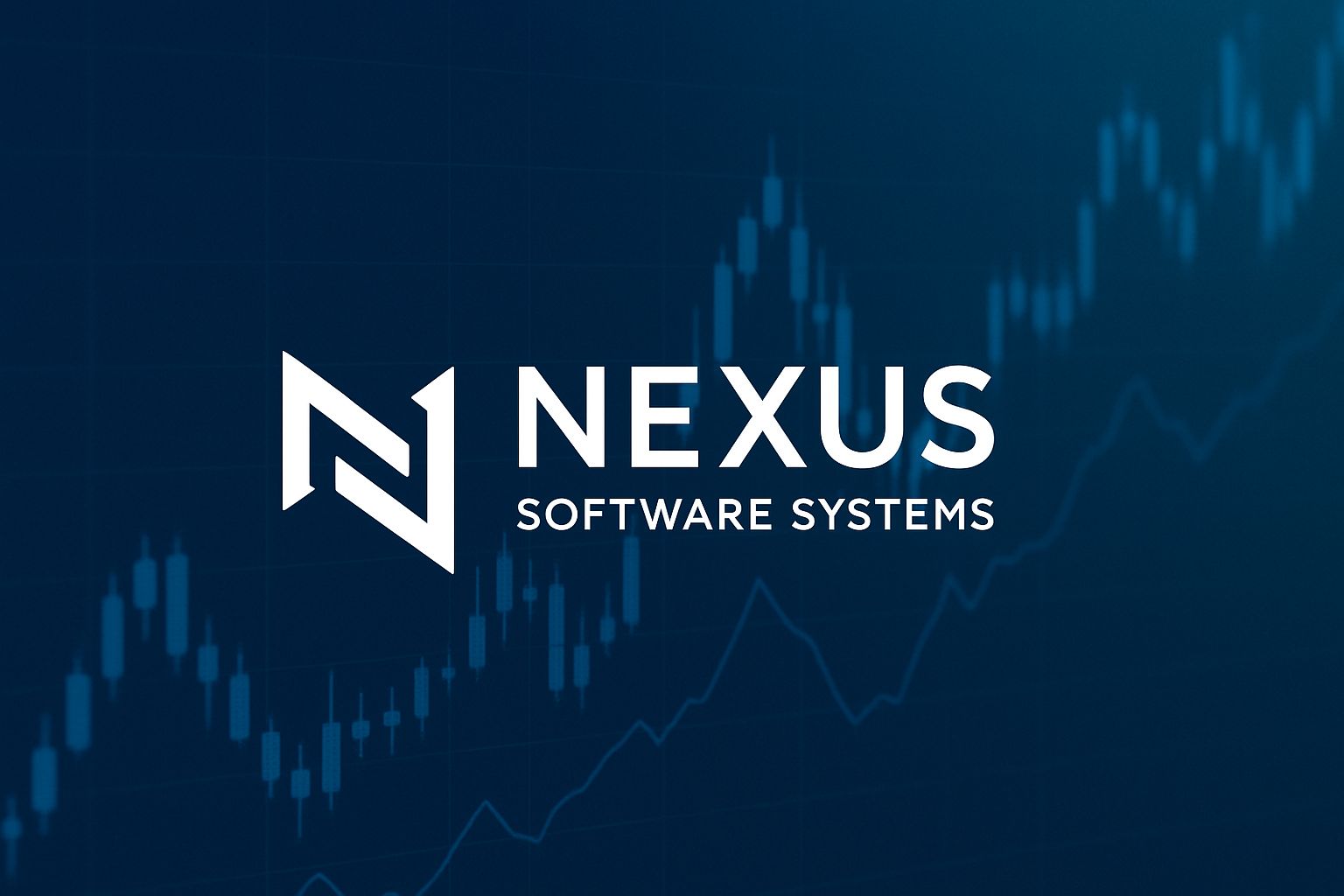Writing clean and maintainable code is essential for any software development project. Clean code helps make the code easier to understand, modify, and extend. It not only makes it easier for other developers to understand and work on your code but also helps you to maintain your codebase over time. Clean and maintainable code also reduces the likelihood of bugs and errors, which can save time and money in the long run.
In this article, we will explore some tips and best practices to write clean and maintainable code.
Follow a consistent coding style: One of the basic aspects of writing clean and maintainable code is to follow a consistent coding style. It includes using consistent naming conventions for variables, functions, and classes, indentation, line length, and commenting style. You can use existing coding style guides like PEP8 for Python, Google Style Guide, and Airbnb Style Guide for JavaScript, to name a few.
Write modular code: Modular code is code that is organized into smaller, reusable, and independent modules. Writing modular code makes it easier to maintain and extend your codebase. Each module should have a clear responsibility and a well-defined interface that exposes only what is necessary for other modules to use.
Keep functions small and focused: Functions should do one thing and do it well. Keeping functions small and focused not only makes them easier to read and understand but also makes them easier to test and reuse. If a function is more than 20 lines, consider breaking it down into smaller, more focused functions.
Use meaningful variable and function names: Use meaningful variable and function names that describe their purpose and functionality. Avoid using single-letter variable names, abbreviations, or acronyms that are not commonly known. Meaningful names make your code more readable and understandable.
Write clear and concise comments: Comments are a way to explain what the code is doing and why it is doing it. Write clear and concise comments that explain the intent of the code. Avoid comments that state the obvious or duplicate what the code is doing. Comments should complement the code and not replace it. Use comments sparingly and only when necessary to explain complex code or to provide context for other developers.
Avoid code duplication: Code duplication is when the same code is repeated in multiple places in your codebase. Duplication makes your code harder to maintain and extend. Instead of copying and pasting code, extract it into a separate function or module that can be reused across your codebase.
Write tests: Writing tests is essential to ensure that your code is working as intended and to catch regressions when changes are made. Tests also help document how your code should be used and provide examples of how to use it. Write tests for each module and function, and run them regularly to ensure that your code is working correctly. Tests should cover all edge cases and error conditions.
Avoid complex code: Complex code is hard to understand and maintain. Try to write simple and easy-to-understand code that accomplishes the task at hand. Don’t over-engineer solutions to problems. This reduces complexity and makes the code easier to understand and maintain.
Use appropriate data structures and algorithms: Choose the appropriate data structure and algorithm for the task at hand. This can make the code faster, more efficient, and easier to maintain.
Refactor regularly: Refactoring is the process of improving the structure and readability of existing code without changing its behavior. Regular refactoring can improve the maintainability of the code and make it easier to understand and modify.
Use version control: Version control is a way to track changes made to your code over time. Using version control, you can revert to a previous version of your code if something goes wrong or compare changes between different versions. Use a version control system like Git to manage your codebase.
Writing clean and maintainable code requires discipline, attention to detail, and good coding practices. Follow these tips and best practices to write code that is easy to understand, maintain, and extend over time and reduce the likelihood of bugs and errors.
Contact us today to learn more about how we can help you with clean and maintainable software.



